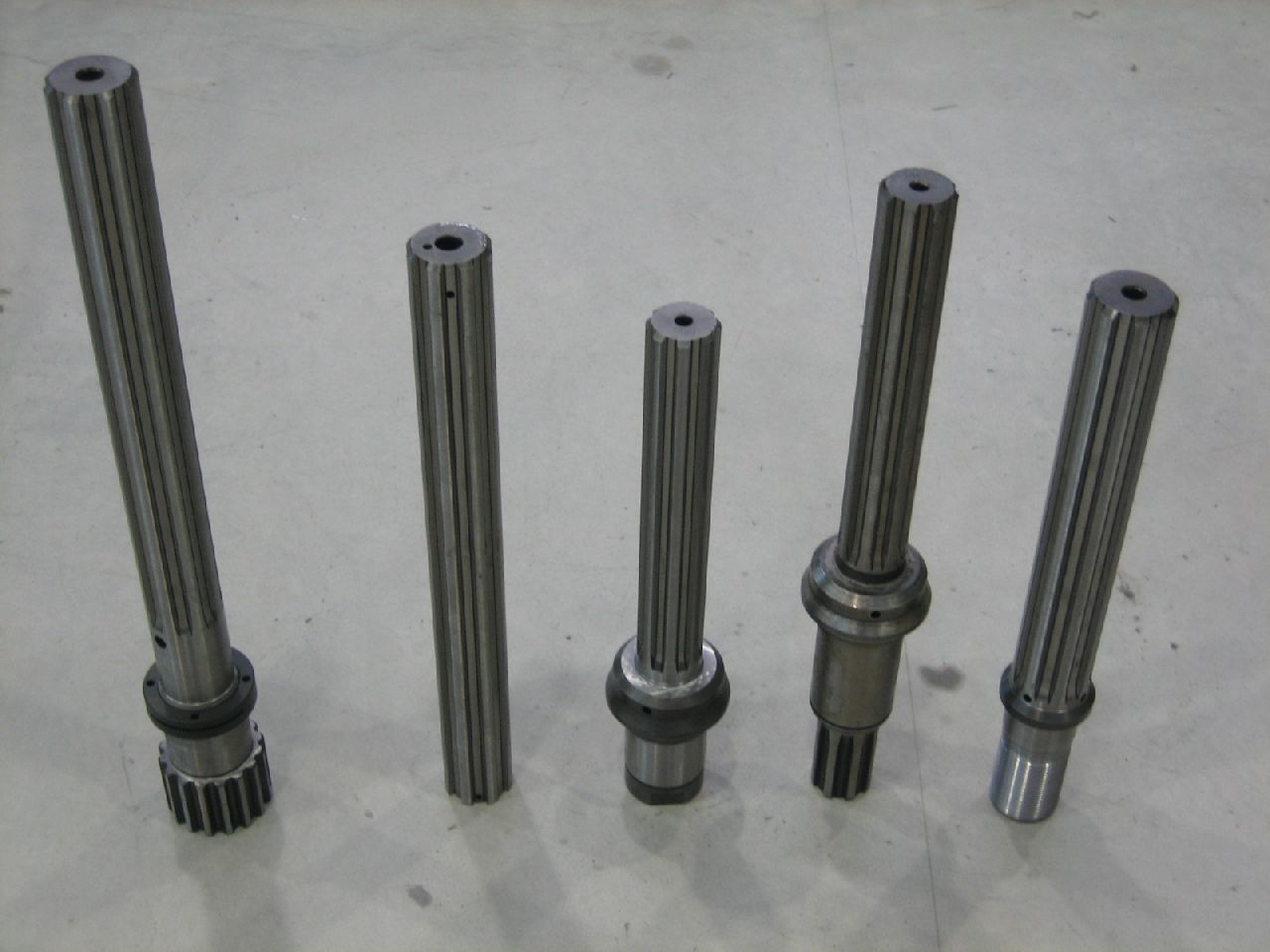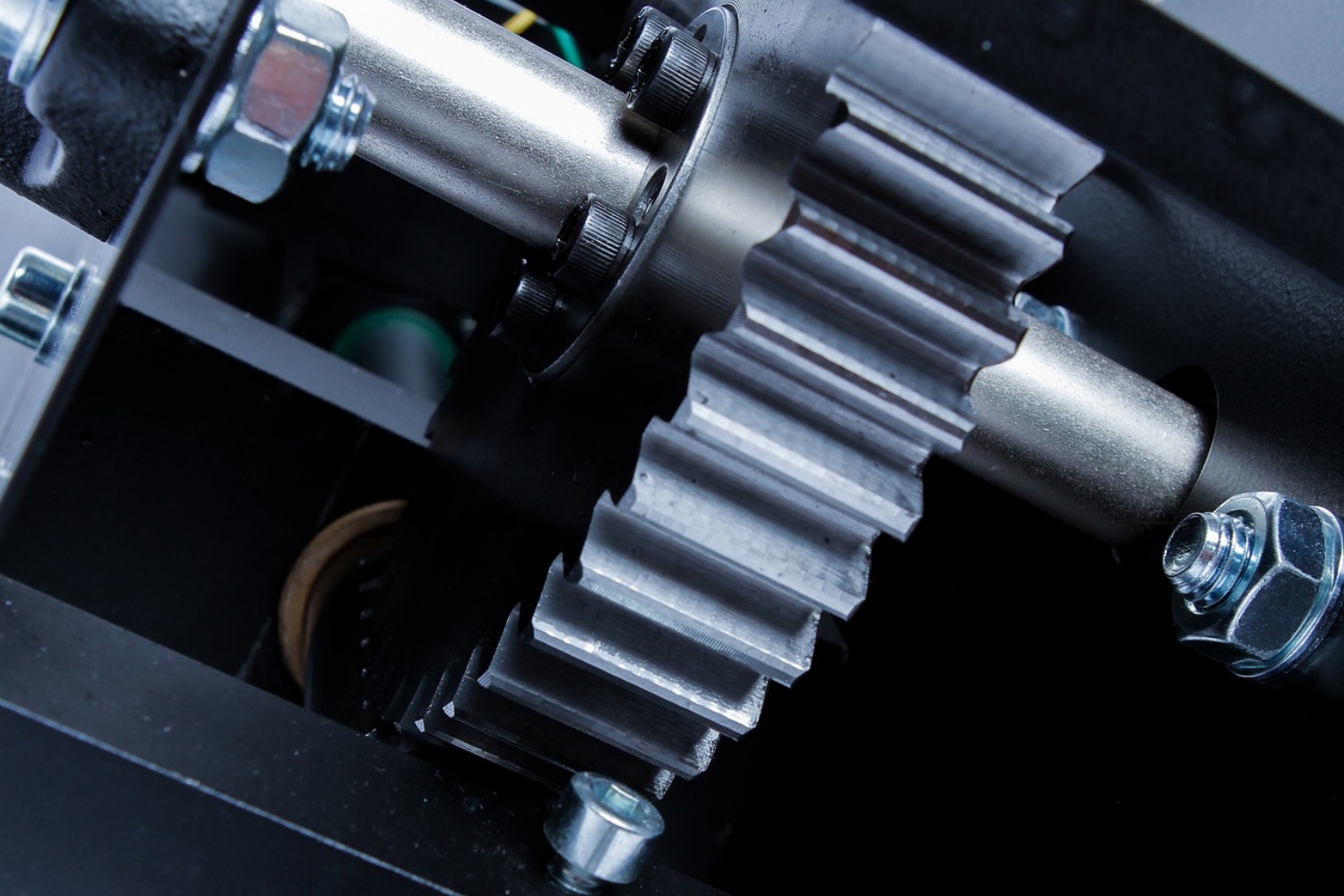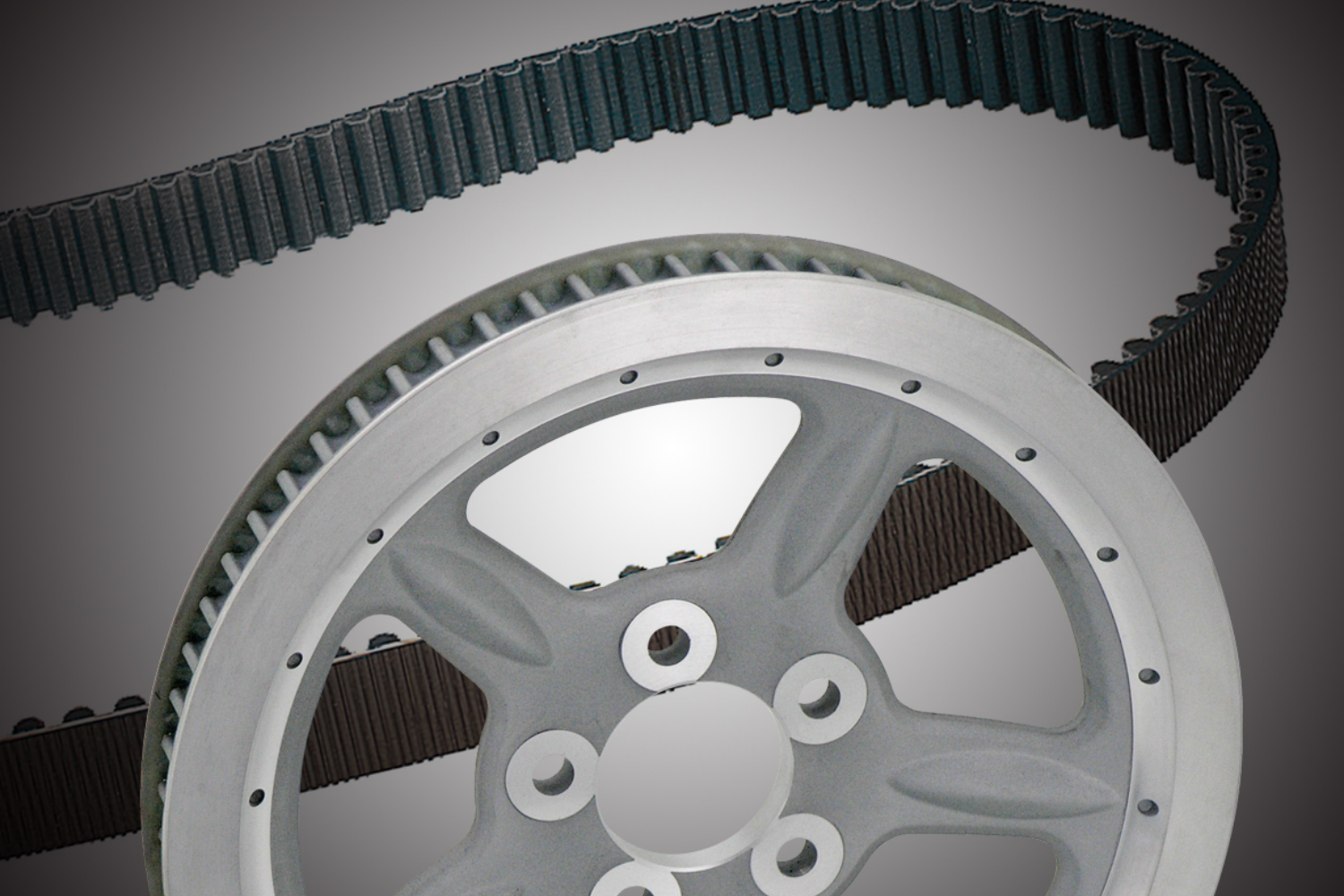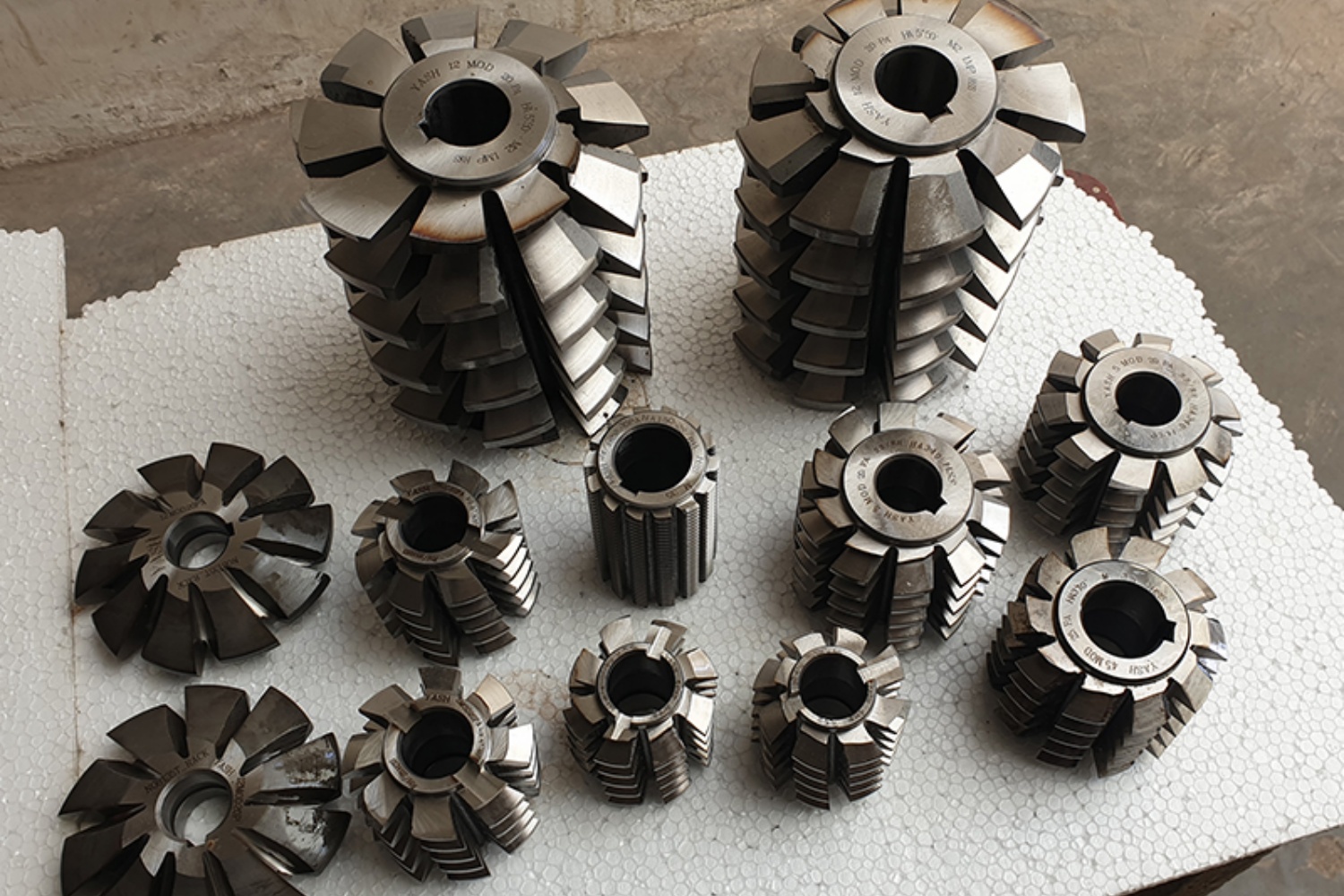Spline shafts are vital components in many mechanical systems, ensuring the precise transmission of torque and motion. The performance and longevity of a spline shaft greatly depend on the material from which it is constructed. Selecting the right material is a critical decision, as it directly influences the shaft’s durability, strength, and ability to withstand environmental conditions.
Common Spline Shaft Materials
- Steel: Steel is the most widely used material for spline shafts due to its excellent combination of strength, durability, and affordability. It comes in various grades, each with specific properties. Alloy steels offer enhanced strength and wear resistance, making them suitable for heavy-duty applications.
- Stainless Steel: Stainless steel is chosen when corrosion resistance is paramount. It is particularly valuable in industries where exposure to moisture or corrosive substances is a concern. Stainless steel spline shafts are common in food processing, marine, and pharmaceutical applications.
- Aluminum: Aluminum spline shafts are favored for their lightweight properties and corrosion resistance. They are often used in applications where weight reduction is essential, such as aerospace and automotive industries. However, aluminum has lower strength compared to steel and may not be suitable for high-torque applications.
- Bronze: Bronze offers excellent wear resistance and is often used in applications that require self-lubrication, such as in the manufacturing of gears and bushings. It is valued for its ability to withstand high loads and abrasive conditions.
- Plastics: Certain high-performance plastics, such as PEEK (polyetheretherketone) and UHMWPE (ultra-high-molecular-weight polyethylene), are used for spline shafts in specialized applications. These materials offer benefits like low friction, corrosion resistance, and lightweight construction. They are commonly used in the medical and semiconductor industries.
Selecting the Right Material
Choosing the appropriate material for your spline shaft involves considering several key factors:
- Load and Torque: Determine the expected load and torque that the spline shaft will need to transmit. Steel and alloy steel are well-suited for high-torque applications, while lighter materials like aluminum may suffice for lower torque requirements.
- Environmental Conditions: Consider the operating environment. If the spline shaft will be exposed to moisture, chemicals, or abrasive substances, corrosion resistance is crucial. In such cases, stainless steel or bronze may be preferred.
- Weight Constraints: In applications where weight reduction is essential, such as aerospace, aluminum or advanced plastics like PEEK can be advantageous.
- Cost: Budget constraints can influence material selection. While steel is cost-effective, materials like stainless steel and specialty plastics may have a higher initial cost but offer long-term benefits in terms of durability.
- Precision Requirements: Evaluate the precision and tolerance requirements of your application. Some materials, like steel, can be machined to very tight tolerances, making them suitable for high-precision applications.
- Maintenance: Consider the ease of maintenance. Materials like bronze and plastics may require less maintenance due to their self-lubricating properties.
Consult with Experts
Selecting the right material for a spline shaft is a critical decision that requires a thorough understanding of your application’s unique requirements. Consulting with experts or engineers who specialize in power transmission components can provide invaluable insights and ensure that you make an informed choice.
The material of a spline shaft is a fundamental factor in determining its performance, durability, and suitability for your application. By carefully considering factors like load, environmental conditions, weight constraints, cost, precision requirements, and maintenance needs, you can select the ideal material that will optimize the performance of your spline shaft and contribute to the overall success of your mechanical system or machinery.
CONTINUE READING
Related Posts
In the world of industrial manufacturing, the efficiency and reliability of transmission systems are critical to the success of any […]
In industrial settings, a smooth and quiet power transmission system is crucial for productivity, safety, and worker comfort. V Belt […]
Splines play a critical role in mechanical power transmission systems, enabling rotational motion and torque transfer between mating components. These […]





